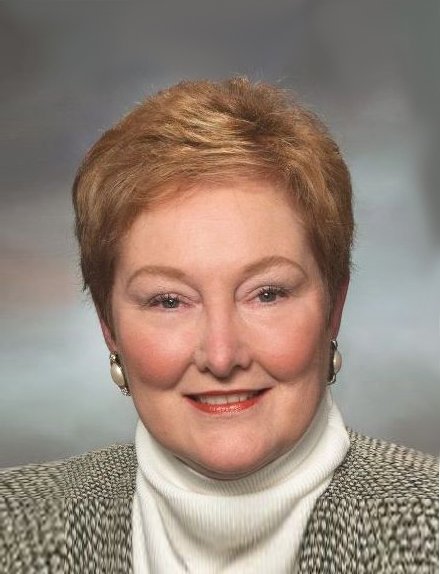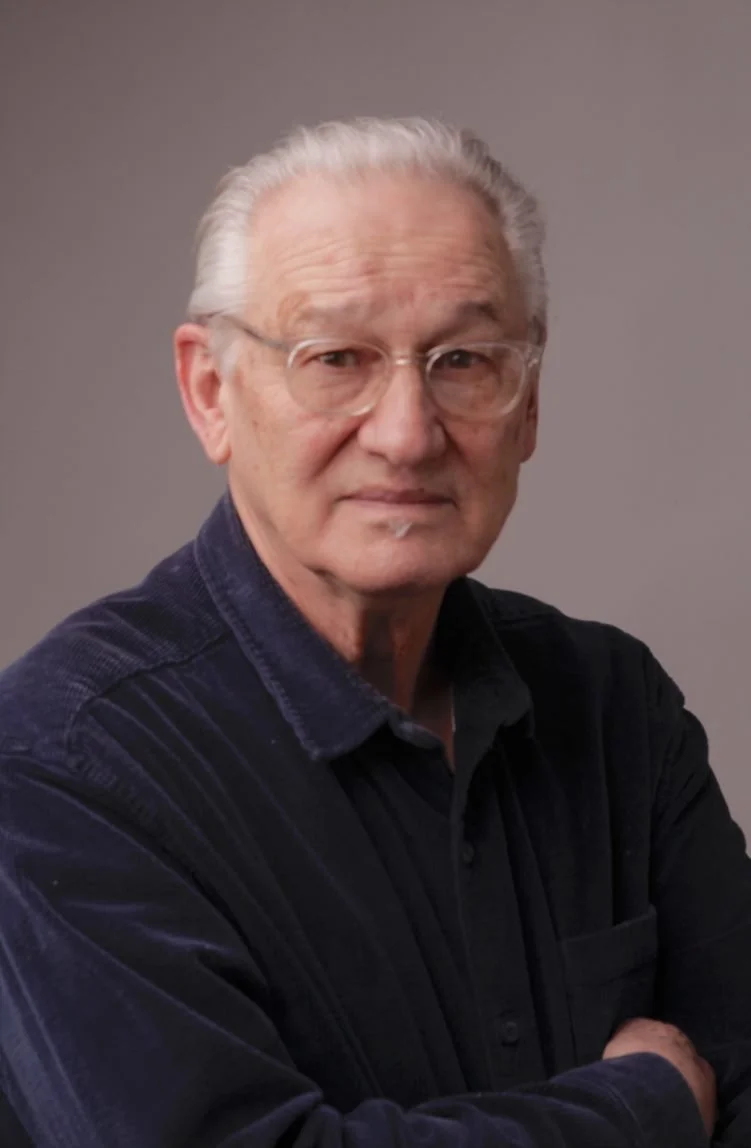MEET THE TEAM
-

SUSANA VALADEZ
The founder and director of the Huichol Center for Cultural Survival and Traditional Arts, UCLA anthropologist Susana Valadez has dedicated her life to ensuring the survival of the endangered Wixárika (Huichol) people and their “ancient tribe in the modern world”.
As a cultural insider by marriage to Huichol yarn artist Mariano Valadez, she has gained a unique perspective into the Huichol belief system and traditional way of life. Her contributions to the ethnographic record meticulously documents the life, spirituality, art, botany, language and traditional practices of the Wixárika people. As a cultural insider after almost fifty years of involvement with the culture, Susana’a life’s work has been to promote the wellbeing and quality of life within the Huichol communities. Innovative projects aimed at bridging the gap between ancient traditions and sustainable futures include educational programs that teach Huichol children literacy in their native dialect, as well as other curriculum that emphasizes the importance of maintaining their ancient peyote traditions.
Her work to bring income and end hunger in the impoverished communities has taught artists to create and market their beautiful artwork to generate income, and farmers to grow their own food using permaculture and biodynamic gardening techniques. In 2019 Susana and the Huichol Center were nominated for the Nobel Peace Prize.
For more information, visit www.thehuicholcenter.org
-

SUSAN PAGE
Susan Page has been working with the Huichol Center since 1981 as Board President and general partner. In the 90s, she created a business for selling the Huichol Beaded jewelry. She and her husband invited the Valadez children to live with them in Berkeley so they could attend high school in the States.
Susan is the Director Emeritus of the San Miguel Writers’ Conference and Literary Festival. She is also the author of five books about relationships for which she was a repeat guest on the Oprah show. She is the former Director of Women’s Programs at the University of California in Berkeley. And she founded a shelter for battered women in Contra Costa County in the San Francisco Bay Area.
-

MIGUEL CARRILLO
Miguel Carrillo Gonzalez is a highly respected elder of the community of Santa Catarina Cuexcomatitlan, where throughout his adult life he has served in various important civil and spiritual roles.
In his current position as one of the main organizers at the main ceremonial center, he assists in the performance sacred rituals to insure the well being of the Wixárika people and the continuance of their ancient traditions. His broad knowledge of the old ways and the wisdom of the ancestors distinguishes him as a guardian of the collective Wixárika memory, and a mentor to younger generations.
Miguel is a board member of the Centro Indígena Huichol, the non-profit organization where he works alongside Susana Valadez to run the organization and further the creation of the Indigenous Cultural Center of San Miguel.
-

WADE DAVIS
Wade Davis is Professor of Anthropology and the BC Leadership Chair in Cultures and Ecosystems at Risk at the University of British Columbia. Between 2000 and 2013 he served as Explorer-in-Residence at the National Geographic Society. Named by the NGS as one of the Explorers for the Millennium, he has been described as “a rare combination of scientist, scholar, poet and passionate defender of all of life’s diversity.”
Wade Davis is an anthropologist, writer, photographer, explorer, and filmmaker. For thirteen years, he served as Explorer-in-Residence at the National Geographic Society. Davis is the author of 375 scientific and popular articles and 23 books including One River (1996), The Wayfinders (2009), Into the Silence (2011) and Magdalena (2020). His photographs have been widely exhibited and have appeared in 37 books and 130 magazines,
His 40 film credits include Light at the Edge of the World, an 8-hour documentary series written and produced for the National Geographic. His most recent film, El Sendero de la Anaconda, a 90-minute feature documentary shot in the Northwest Amazon, is available on Netflix.
A professional speaker for 30 years, Davis has lectured at over 200 universities and 250 corporations and professional associations. He has spoken from the main stage at TED five times, and his three posted talks have been viewed by 8 million people. His books have appeared in 22 languages and sold approximately one million copies.
He is on the Advisory Board of the Indigenous Cultural Center of San Miguel de Allende.
-

MARY NORQUIST
Mary Norquist, formerly of Portland, OR, has lived in San Miguel de Allende for 15 years. She has provided leadership in several nonprofit organizations both in San Miguel and the states.
She looks forward to working with the Indigenous Cultural Center toward its goal of developing a multi-purpose facility outside of San Miguel.
-

ROBIN LOVING
Robin Loving has formed and transformed nonprofits in six countries, creating strategic and sustainability plans, raising millions of dollars, and winning many accolades for her catalytic communications work to support impactful causes that strengthen communities.
-

PETER GENOVESE
Peter Genovese was an academic administrator in SUNY for 20 years. He created two entrepreneurial consulting practices, which focused on the development of 21st century academic organizations, libraries and Learning Centers across the US, and in critical global locations, including Lebanon, Pakistan, and El Salvador. He has been an active supporter of indigenous people for decades, including: the Haudenosaunee (Iroquois) at Ganondagan in New York. As a fundraiser, he developed a medical clinic with the Tohono O'odham Nation in Arizona. In Mexico, he shared grant writing for Huichol Center in Huejuequilla, Jalisco.
He brings his own unique range of knowledge, skills, experience, along with a vibrant passion for the principles and values driving this project.
-

CHERYL CLAASEN
Cheryl Claasen started digging in Oklahoma in high school, received a BA in Anthropology at the University of Arkansas in 1972 with a thesis on the Aleutian Islands, and attended field school at Grasshopper Ruins, Arizona in 1975. She went to Harvard for a PhD working in Serbia and France but graduated in 1982 with a dissertation about the shell heaps on the central coast of North Carolina. From 1980 until 1995 she focused on all things shell, freshwater and marine, writing a book on the shell button industry and Shells, an analysis manual for archaeologists. 1989 to the present she has been a leading voice on gender in the discipline and in the past, on landscape studies, and on ritual looking at rock shelters and caves in particular. She has participated in numerous Nahua rain-calling pilgrimages and visited dozens of ritual sites in Mexico. She has authored 6 books and compiled and edited 8 other books and special issues of professional journals on shell beads, gender in the past, and ancient ritual. 2022 saw the publication of Religion in Sixteenth Century Mexico published by Cambridge University Press and in 2023, Landscapes of Ritual Practice in Eastern North America as well as a special issue of Humans, Recent reflections on the sociology of archaeology.
